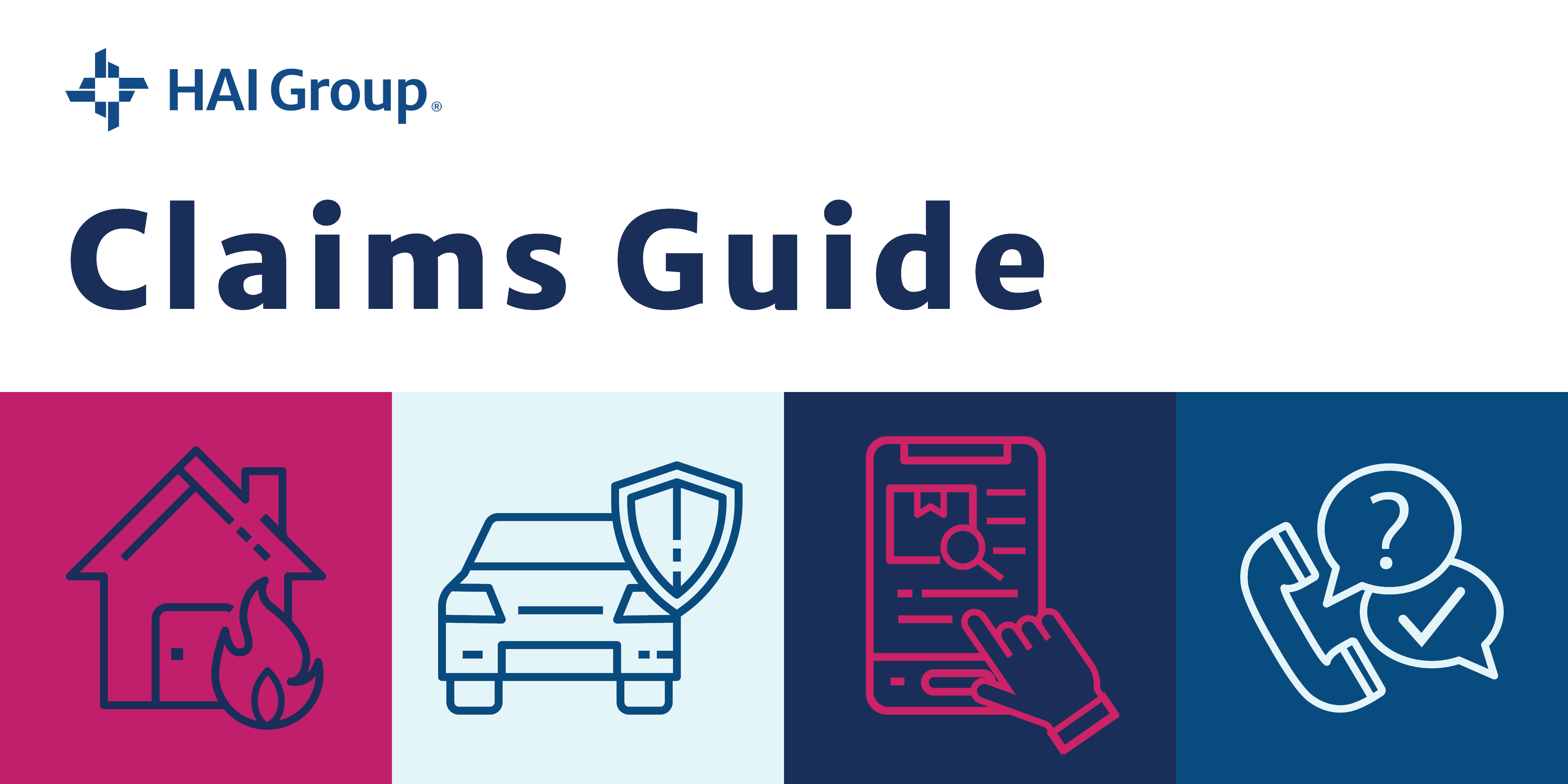Accidents and unexpected incidents can happen at any time. Knowing what steps to take and what to expect can make all the difference. The HAI Group Claims Guide walks you through the insurance claims process with HAI Group, outlining how to report a claim, what happens next, and how policyholders are supported every step of the way so they can focus on their residents and their organization.
Need to report a claim? Click the button below to connect with an insurance professional who will guide you through HAI Group’s claims process.
What you’ll learn
-
What an insurance claim is and when to file one
-
The difference between property claims and liability claims
-
What to do immediately after an incident occurs
-
How to file a claim with HAI Group, including required forms and timelines
-
What to expect during the property and liability claims processes
-
Key reminders that can help avoid delays and complications
Why this matters
Timely and informed action after an incident helps protect people, property, and organizational resources. Understanding the claims process ahead of time reduces stress, prevents costly mistakes, and supports faster resolution. By knowing how HAI Group responds to claims and what policyholders can expect, housing organizations are better equipped to navigate challenging situations with confidence and continuity of care for their communities.
Access more resources
Be sure to explore the full range of resources we’ve curated on our Resource Center, designed to help you stay informed, prepared, and resilient, ready to handle anything that comes your way confidently.
Professionals standing by, ready to help
Don’t hesitate to reach out to us for assistance. We have a full team of professionals ready to help you through the entire process.
Call 800-873-0242 to speak with a Claims Department representative.
Contact our Risk Control and Consulting team for more resources and answers to your housing organization’s risk-related questions.
This article is for general information only. HAI Group® makes no representation or warranty about the accuracy or applicability of this information for any particular use or circumstance. Your use of this information is at your own discretion and risk. HAI Group® and any author or contributor identified herein assume no responsibility for your use of this information. You should consult with your attorney or subject matter advisor before adopting any risk management strategy or policy.
HAI Group® is a marketing name used to refer to insurers, a producer, and related service providers affiliated through a common mission, management, and governance. Property-casualty insurance and related services are written or provided by Housing Authority Property Insurance, A Mutual Company; Housing Enterprise Insurance Company, Inc.; Housing Specialty Insurance Company, Inc.; Housing Investment Group, Inc.; and Housing Insurance Services (DBA Housing Insurance Agency Services in NY and MI).









